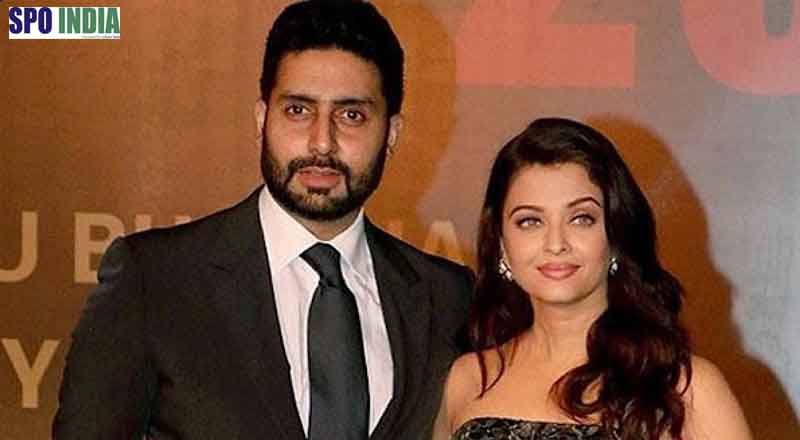- According to the draft Bill, every broadcaster or broadcasting network operator should constitute a Content Evaluation Committee which would certify their programmes.
- It also provides for a Broadcast Advisory Council, formed by the Centre, to hear complaints regarding violation of norms.
- The draft Broadcasting Services (Regulation) Bill, 2023, seeks to provide Content Evaluation Committees and a Broadcast Advisory Council for self-regulation by broadcasters and broadcasting network operators.
- Every broadcaster or broadcasting network operator shall broadcast only those programmes which are duly certified by the CEC
- The next proposed section prescribes that every broadcaster and broadcasting network operator will appoint grievance redressal officers to handle complaints alleging contravention of the Programme Code and the Advertisement Code.
- The Central government will constitute a Broadcast Advisory Council, consisting of its chairman as one eminent independent person with not less than 25 years of experience in the fields of media, and other such relevant fields.
India on Friday introduced a new draft broadcasting law to regulate the sector that will also apply to streaming giants such as Netflix (NFLX.O), Disney (DIS.N) and Amazon (AMZN.O) and calls for the formation of individual content evaluation committees.
Netflix and Amazon have become hugely popular in India, which is set to grow into a $7 billion market for the sector by 2027, according to Media Partners Asia. Top Bollywood stars feature in online shows, some of which have faced criticism from lawmakers and the public for scenes deemed vulgar or offensive to religious sentiments.
The minister for information and broadcasting, Anurag Thakur, said setting up Content Evaluation Committees (CEC) by each broadcaster was among “key innovations” in the new law and will help in “robust self-regulation”.
“Every broadcaster or broadcasting network operator must establish a Content Evaluation Committee (CEC) with members from various social groups,” stated the draft law document, which is open for public consultation for 30 days.
The proposal however comes at a time of increasing scrutiny of streaming companies in India over content-related issues.
In July, Reuters reported the ministry had privately told Netflix and other streaming services that their content should be independently reviewed for obscenity and violence before being shown online.
Though all films in Indian cinemas are reviewed and certified by a government-appointed board, streamed content is not.
Under the new proposed law, the federal government “can define the CEC’s size, quorum, and operational details” and only those shows shall be broadcast that are “duly certified” by such a committee, the draft law stated.
“A historic opportunity at liberalisation is being squandered and a paternalistic mechanism of censorship and government control has been proposed,” Apar Gupta, a New Delhi-based technology policy expert, said about the content review proposal.
The law will also provide powers to the government to regulate any online creator or news media platform, Gupta added.
Five officers will be nominated by the Central Government as ex officio members to represent the Ministries of Information & Broadcasting, Women and Child Development, Home Affairs, External Affairs, and Social Justice and Empowerment, while five eminent independent persons, nominated by the Central government, with experience in the fields of media, entertainment, broadcasting, child rights, disability rights, rights of women, human rights, law and other such relevant fields, will be its members.
The Broadcast Advisory Council will hear complaints regarding violation or contravention of the Programme Code or Advertisement Code that may arise out of appeals; or directly against any broadcaster or broadcasting network operator which is not a member of any self-regulating organisation; or referred to it by the Central government. After examining complaints or grievances, it will make recommendations to the government for further action, if any.
(With inputs from agencies)





